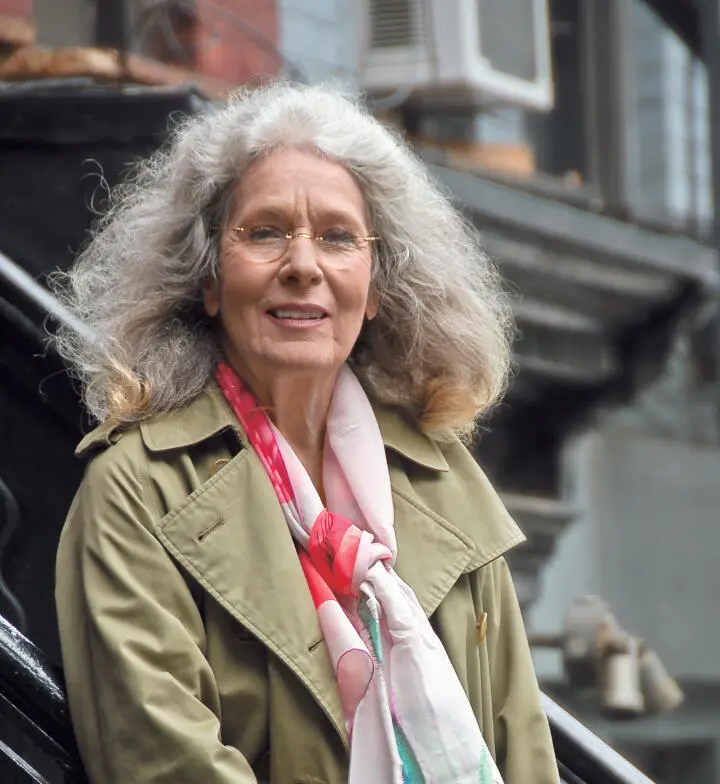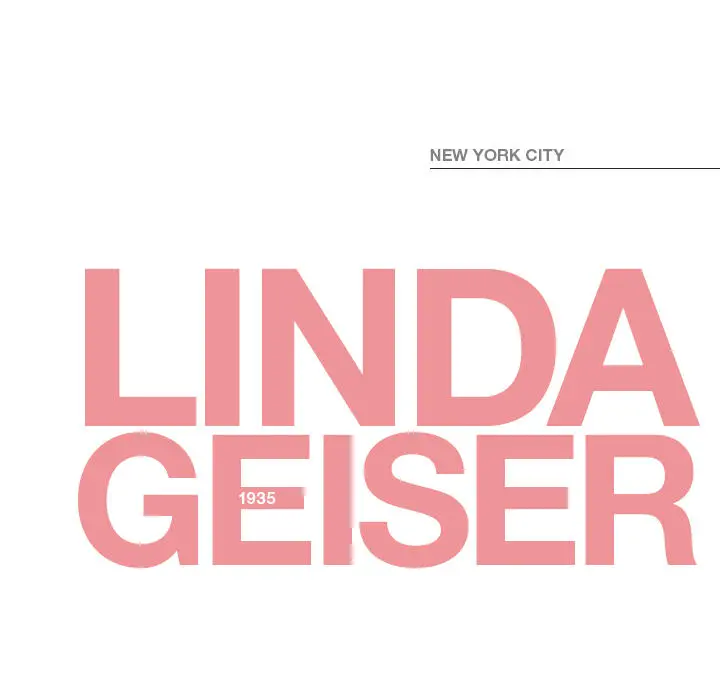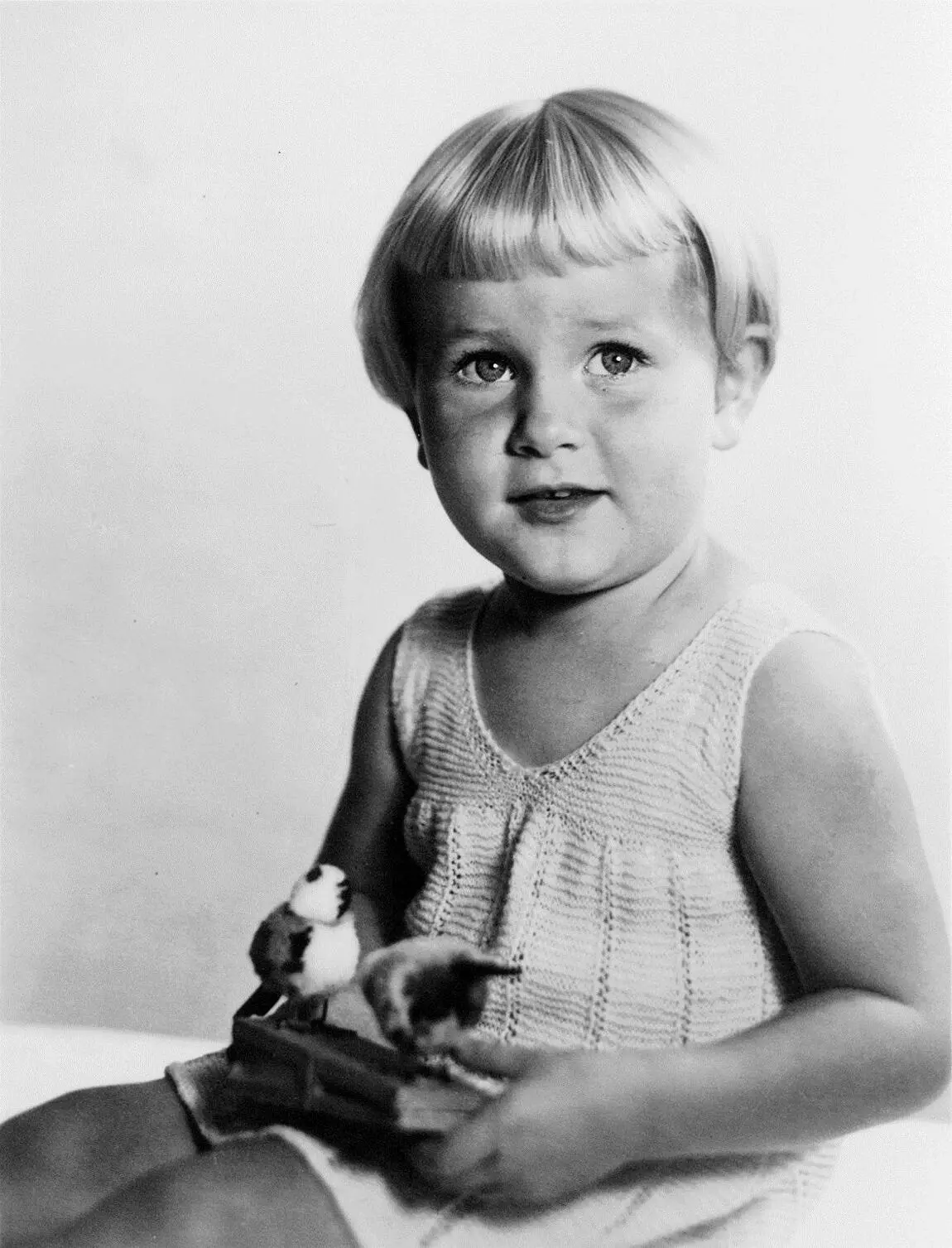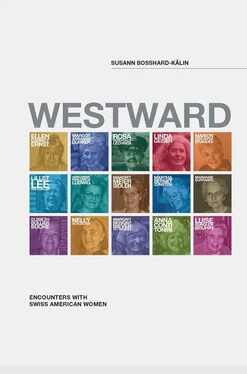Rosa is a dual citizen, but travels with her American passport. “The last time a customs officer in Zurich asked me, ‘what are you doing in Switzerland?’ – ‘I was born here’ was my quick answer in Swiss German!”
In her heart Rosa is still Swiss. “I love my mother tongue and I am also participating in Swiss elections and referenda. I see myself as a Swiss living abroad and am proud of that.” In the last 40 years she has moved only once, from the 5 thto the 16 thfloor in the same building. She has a two-room apartment with a kitchen, a bathroom and a small balcony from which she can see the trees of Central Park and the high rise office towers of midtown Manhattan twenty blocks farther south. “It is a privilege to be able to live here. It was on the basis of this feeling that years ago I founded the ‘East 74 thStreet Association’ for our street – which is less than a quarter mile long – and I am still serving as its president. Our 320 households have a clean street thanks to this association. With the dues that I collect we pay a man who sweeps the street and a gardener who takes care of the trees and the ivy beds around them. Private initiative is indispensable in America. Without it things don’t get done!”
Out of gratitude Rosa has also been involved for many years in the Presbyterian Church in her neighborhood. “If we want a church in America, we have to take care of it ourselves. I am grateful for my life and like to give something back. I feel that many things come back to me – in a positive way.”
Rosa is involved in the church in various functions and for some years has even participated in its homeless shelter program. “It does take a real effort to spend the night in the lower level of the church looking after up to twelve homeless men by myself. These men of different ages, who are sent to us by the city, are given a roof over their head, a clean bed and a light breakfast at 6 a.m.”
She says that she asks herself again and again why she is doing this. “But when I am returning to my apartment after such a night, I truly feel that I did something positive, and that I myself have a little piece of heaven on earth and am fortunate that I did not end up on the street.” Volunteer social service is simply part of life in the United States. “Every man and every woman does what is possible within their means.”
Rosa is appreciated for what she does and is needed. “At my age people in Switzerland have long been tossed on the scrap heap and pushed aside. In America no one tells me ‘you are too old and can go now’. Thank you, America!”
Now Rosa has to leave – Singapore is calling.



Linda Geiser is at home in two worlds – in the East Village in New York as well as in Liebefeld near Bern. When she was 16 years old, she was incurably infected with the “acting virus.” To be on stage – that’s what she wanted. “At that time, being an actress was a rather ill reputed profession, almost like prostitution. A concerned neighbor advised my mother to keep me at all cost from going to the theater; that would be something indecent, and actresses were loose girls.” That was in 1951. Yet theater, the movies, and television are Linda’s great passion to this day.
Linda is on a home visit for a few weeks with her partner John. I am meeting the 73-year old expert in the art of living in her Swiss quarters, in the house of her sister Annemarie Bachofner. As always Linda’s calendar is full to the brim: a meeting at the studio of Swiss TV, doctors’ visits, and lots of invitations to see her Swiss friends. “People are wonderful; I ‘collect’ them, integrate them into my circle of friends. I am a gregarious person and know almost too many people. Because of time limitations I unfortunately cannot see all my friends every time when I am here, and this I regret very much.”
On the streets of Bern people turn their heads when they see the attractive senior woman with her partner who is 20 years younger; they recognize Linda Geiser as the legendary mother of the TV series Die sechs Kummerbuben (The Six Boys of the Kummer Family), or as Johanna from the TV soap opera Lüthi and Blanc . “John is amused – I believe he is even a bit proud of me. Of course, in New York this doesn’t happen.”
Linda stops short. “I should start at the very beginning of my life, or even before that. One thing is for sure: Folks in our family were not theater people. My father came from a very strict religious family of Anabaptists. He grew up in the Mennonite town of La Chaux d’Abel in the Bernese Jura. He was the only one of the thirteen children of this farm family who was allowed to attend a school of higher learning. He told us that little by little he had to pay back the loan the Anabaptist community had given him to attend the Teachers’ College Muri-Stalden. As a very young teacher in training he met my mother at that college where she was a student in secondary school (6 thto 9 thgrade). Yet they did not really click until later. Mother also became a teacher. Eventually they married and together taught the primary and secondary grades in a tiny schoolhouse in Vorderfultigen.”

Linda was born in 1935 in Wabern, four years after her sister Annemarie and eight years before her brother Hans-Beat. (1937)
Linda was born in 1935 in Wabern as their second daughter, four years after her sister Annemarie and eight years before her brother Hans-Beat. And it was quite a sensation a few years later that Mr. Geiser, a primary teacher in the canton Bern, was able to move with his family into a small one-family house in Spiegel near Bern – in the midst of World War II. “Even more sensational was the fact that I had several uncles in America. As a child I would check on the map where Dover, Ohio, was, the place where my uncles Ernst, Werner, Charles, and Willy lived. In school I bluffed about having relatives in America. I remember how the others tapped their foreheads – ‘she is nuts!’ These brothers of my father had not emigrated for religious, but economic reasons; the small farm in the Jura was too small for the large family.”
Religion had no relevance in the teacher’s house, but “it was very relevant with Grossätti and Grossmuetti , grandpa and grandma, in the Jura. Grandfather was rather liberal and did not wear an Anabaptist’s hat. Yet I rarely ever saw my grandmother without her blue apron dress. Though she wore it with buttons, not with pins as Anabaptist women still do today in Pennsylvania. And of course we grandchildren had to accompany them to chapel on Sundays. I remember how bored we were and how we secretly chuckled when the text was too bombastic for us. After chapel there regularly was braided bread and tea for everyone at the grandparents’ farmhouse. The Anabaptists came with their horse drawn buggies from all directions – everything was simple and modest. My current relatives in Ohio, the children of my late uncles, now have a much more modern lifestyle, they are ‘apostates’ as it were.”
Читать дальше
















